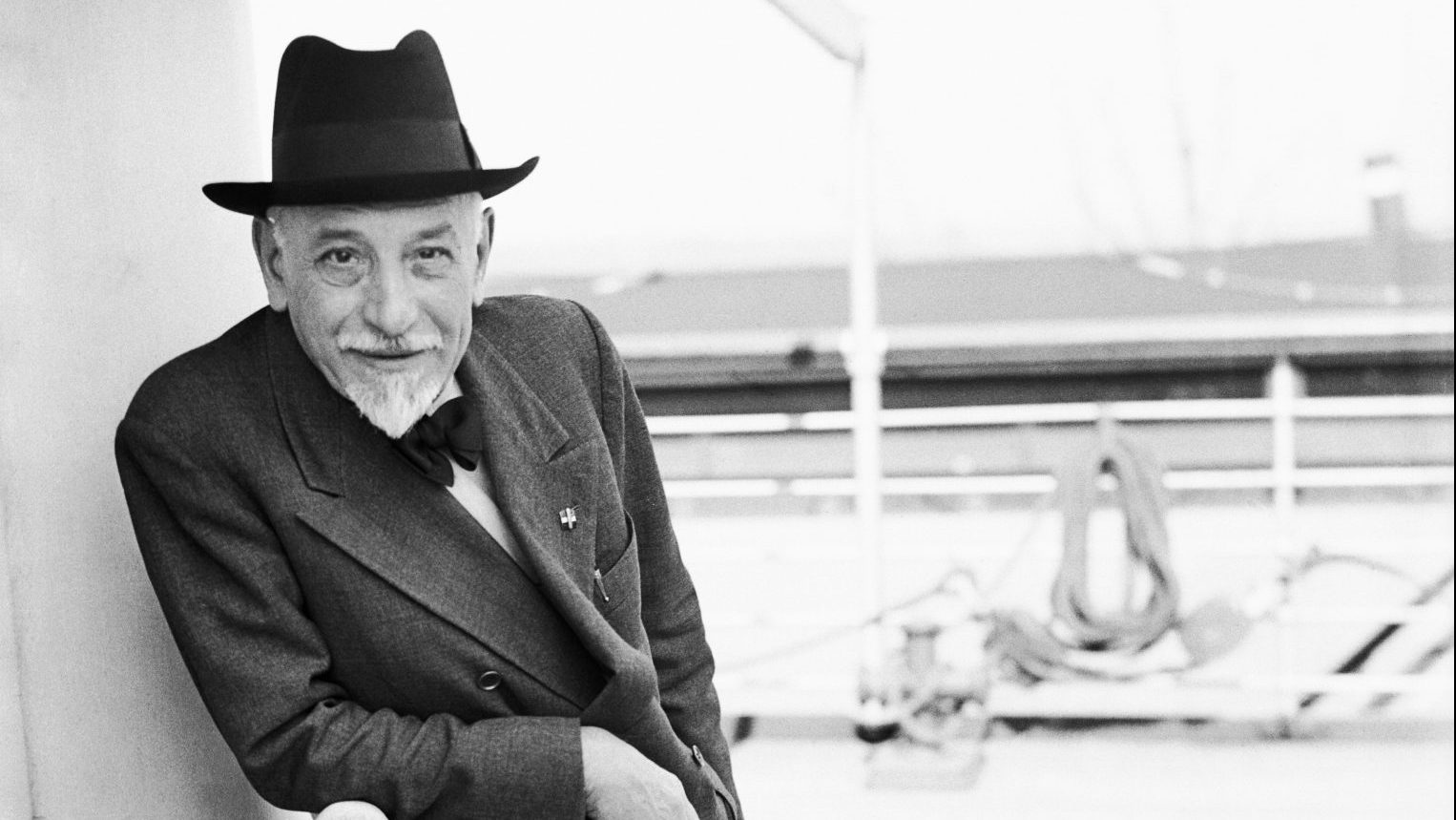The youngest tells me that, due to rights issues, when they screen The Great British Bake Off in the States it has to be retitled The Great British Baking Show or some such; a clumsy appellation that then has to be applied to the trophy in the form of a minuscule bit of CGI emendation. Really, though, this is as good an allegory for the decline of the nation as any: no longer a world-bestriding hegemon – reduced, rather, to the status of a trademark obscuring another one in order to satisfy American corporate lawyers.
Anyway, inasmuch as the baking show represents the most intense imaginable decoction of sentimentality going mano-a-mano with the most frenzied exercise of commodity capitalism, it remains a must-see for those of us who hang-ten on the breaking wave of the zeitgeist… and like baking. In terms of reflecting an idealised portrait of Britain, however, this year’s series has to have been, at best, troubling.
Despite, no doubt, frenzied meetings between the show-runners, the sponsors and senior members of the government, an all-white final became unavoidable. Not only all-white – all male, too. And whatever the obvious assumptions about bakers and ballet dancers, there was no manifestly gay finalist either. Instead, we had Dan, who Family Self had nicknamed “Man” as he appeared to be such a generic white man: average age, height, accent, class, smile, hair, banter etc. Obviously, he was doomed: a victim of the bell curve as much as the proving drawer.
Then there was Josh, whose doughy complexion and deeply-sunk currant eyes implied not just a natural winner, but a substantial one: the show’s sponsor, Sainsbury’s, have had the same running ident as last year: after every ad break we see an everyday sort of dish – lasagne, bowl of cereal, whatevs – only to have it sliced open and exposed as being… cake. The tagline could easily be applied to Josh: this man might well be cake. Cake, baking cake, then – and doing it damn well: Josh was almost certainly the most consistent baker, and isn’t alone in feeling he was robbed.
The expression of envy on his pale face as the trophy went to Matty was the purest and most Shakespearean of poetry: you could feel the green-eyed monster feeding on the very stuff of him. How could this be? Hadn’t he been urged to enter the competition by his beloved nan? Hadn’t she died in the intervening year? Hadn’t he kept a photo of her on the counter before him as, for 11 long weeks, he’d kneaded and sifted and stirred and beaten his way to the final? How could this natural combination of skill and sentiment have failed to move the judges, the producers, the network controllers, the sponsors, and beyond them the mighty tide of public opinion?
But no. Paul Hollywood didn’t just critique Josh’s offerings verbally – on two occasions in the final, he physically shredded them. And when Paul Hollywood tears apart a piece of cake on screen, a sensitive viewer such as myself feels… violated. So, it was left to Matty to stand proud and victorious before the adoring gaggle of friends, family, and the contestants who left the show in previous rounds. Matty, who had to win, because he’s a cheeky inoffensive loveable sort of chap, neck-deep in his own self-deprecation and sinking fast. Ah, England – their England!
It’s a strange moment: the announcement of the winner, for just as cast and crew have laboured for almost three months to produce myriad other confections, so they have also been moving inexorably towards this single saccharine scene of lardy consanguinity and happy amity. There’s a little film about how the Bake Off failures have nonetheless become fast friends, and short portrayals of the home life of the three finalists. Here is the sweet spot: the tremulous union of the agitating market, and the infinitely sensitive emotional core of the family in our fissiparous, alienated society. Even in the balkanised media landscape of today, advertising slots for the Bake Off final must be richer than a Sachertorte iced with pure cocaine.
The absence of Man’s woman from the ceremony was enigmatic in the way only broadcast television, with its warping and wefting of the virtual and the actual, can be. His small children were present… and his wider family, but of her there was no evidence. Were they separated or divorced? Doubtless, if I’d been reading the tabloids the past 12 weeks, I’d’ve known all about Man’s domestic arrangements – but as it was, I reached this climacteric in complete ignorance. As it turned out, she’d elected – quite simply and sensibly – to resile from the whole bang-shoot?
Nonetheless, it disrupted what otherwise should’ve been a moment of national celebration, in which the Bake Off Family, the royal one, and the watching millions rise up as one into a spongey sort of heaven. Instead, there was this absent woman – followed by an ad break.



